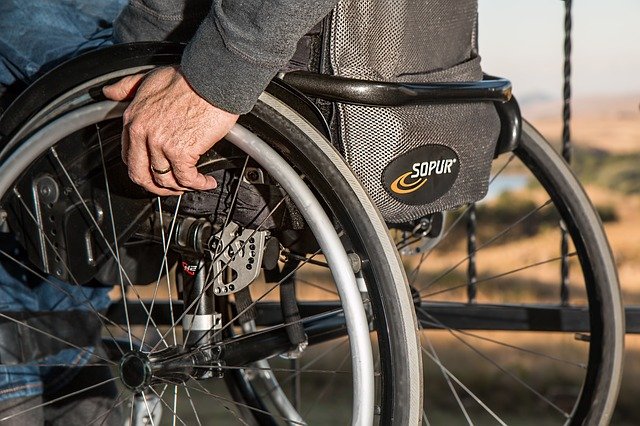Have you been injured because of someone else’s negligence? Are you struggling to pay your bills, make it to your medical appointments, and just want your life to return to normal?

Getting injured is a big deal. When an injury impacts your ability to function and earn a living, the consequences can be devastating. Between losing your income and not being able to enjoy life as you once did, it’s a tough road to recovery.
Although it’s a tough road, there is hope. You don’t have to struggle to pay your bills and make ends meet. If someone’s negligence caused your injury, they need to be held accountable. If you’re not sure how to get justice, here’s where to start.
1. Contact an attorney immediately
You deserve financial compensation for your injuries. Your medical bills should never come out of your own pocket. However, you’ll need to file a personal injury lawsuit to get that compensation.
If you haven’t already spoken with an attorney, call one right away. Don’t wait to contact legal counsel. Having a lawyer on your side will help you navigate the complexities of the legal system while you focus on your recovery.
An attorney will advise you on what to do, and what not to do, so you have a better chance at winning your case.
2. Seek medical attention quickly
Hopefully, you’ve already been to the emergency room or had a visit with your doctor. If not, make an appointment quickly. If you don’t seek medical treatment fast, you might have a hard time convincing the court you’re legitimately injured.
If your injuries aren’t severe, or you don’t realize you’ve been hurt, waiting a few days or a week to see a doctor is understandable. Some injuries don’t produce immediate symptoms, like whiplash, for example. However, if you’re already talking to a lawyer, make sure you see a doctor as soon as possible so you don’t lose credibility.
3. Avoid posting anything on social media
Your social media posts are admissible in court. This includes text posts, photos, comments, and check-ins. If your social media posts contradict your testimony, you’ll probably lose your case.
After an injury, your social media accounts should contain nothing but radio silence. Don’t post anything to social media, even things you believe are innocent. Insurance claims adjusters scour claimants’ social media accounts looking for evidence that they might not really be injured. They’ll use anything they can find to deny your claim.
In 2000, a Canadian woman lost her personal injury lawsuit after posting photos to Facebook that contradicted her claims. Eighteen-year-old Fotini Kourtesis sought compensation for loss of enjoyment of life, claiming she could no longer wrestle or dance with her brother. However, she posted photos to Facebook showing her brother lifting her in the air and dancing.
Even if something doesn’t seem related to your injury, don’t post. For example, say you broke your hand and you post photos of yourself having fun at a party. People can enjoy parties with a broken hand, but being at a party will still look questionable.
4. Be honest and transparent about your injuries
You don’t need to exaggerate about your injuries or pain to be taken seriously. If you’re concerned about losing your case because your injuries don’t seem big enough, express your concerns to your lawyer.
It’s human nature to underestimate yourself and see negative outcomes when things are actually in your favor. Your lawyer will help you see things clearly based on their experience in the courtroom. Trust your lawyer and be transparent about your injuries and pain levels. Exaggerating is not worth the risk.
5. Document everything about your injury
Start documenting everything about your injury, including what led up to the injury, how it happened, who was present, and your perception of the cause. Don’t leave anything out – even if you think it’s unimportant.
Document everything in writing and take photos of your injuries and the scene. Take extensive photos when possible. For instance, if you were hit by a car coming around the corner, get in your car and drive to the exact spot where you were hit. Then, see what you notice as you’re driving.
Are there bushes blocking your view? If there’s any chance something obstructed the driver’s view, catch that in a photo and video as quickly as possible. There have been cases where the bush obstructed a driver’s view, but the city trimmed it back when they were presented with a lawsuit.
Listen to your lawyer
No matter what happens, listen to your lawyer. Trust in their experience and ability to help you win the compensation you deserve.